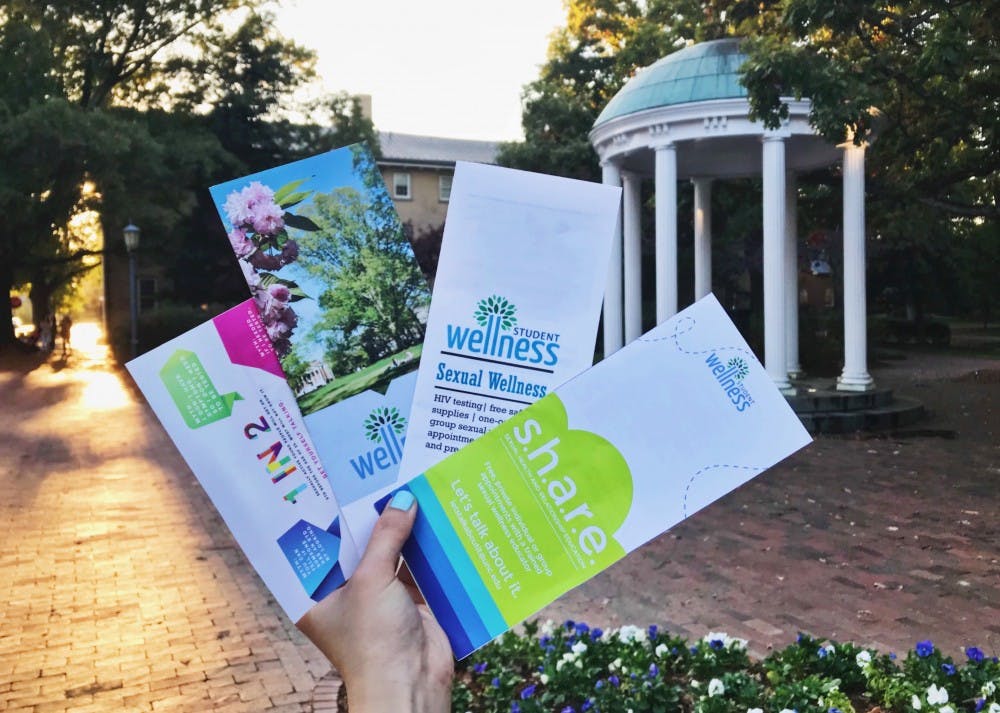North Carolina is ranked as the sixth-highest state for prevalence of STIs, according to Background Checks.org.
The top-10 high-risk states were mainly in the South.
Dr. Peter Leone, professor of medicine at UNC, said STI rates are high in North Carolina because, historically, the South has had some of the highest STI rates in the country. He said the South has rural populations with poor access to health care, transportation issues and difficulty getting frequent screenings for things like sexually transmitted infections — making disease rates go up.
Gonorrhea and Chlamydia, the two most common STIs, are on the rise. Chlamydia is of particular concern, since symptoms are not immediately apparent, but the infection can easily be spread, according Background Checks.org.
Dr. Arlene Seña-Soberano, professor of medicine at UNC and medical director of the Durham County Health Department, said a lot of STIs are asymptomatic — meaning one may have an STI but not the symptoms — so it’s important to get routine screening on a regular basis.
Leone said students and young people should make sure their partner is being tested to minimize their chances of contracting an STI.
"Lack of symptoms doesn't mean that you're not infected," he said. "So the idea that you can look or ask someone to see if they have an STI doesn't hold up."
In 2016, North Carolina experienced a slight decrease in Chlamydia infections per 1,000 people, according to Background Checks.org.
Dr. Claire Farel, medical director of the UNC Infectious Diseases Clinic, said Gonorrhea and Chlamydia can infect any site you expose during sex.



